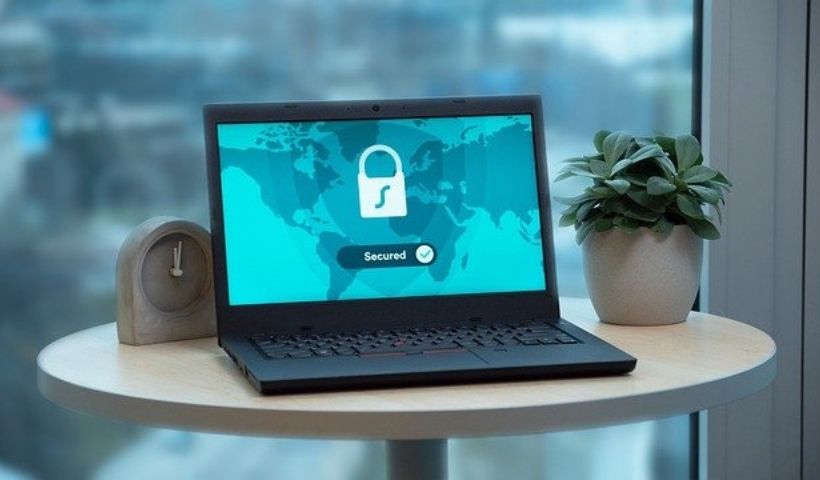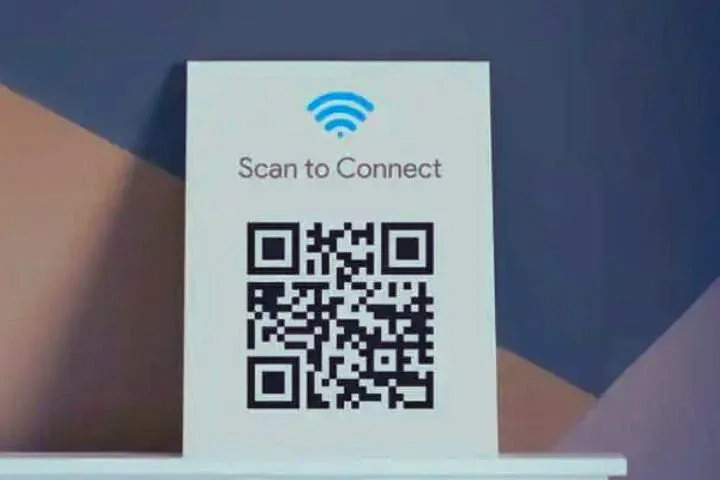What Are Virtual Private Networks

Virtual Private Networks or VPNs have gained great relevance and prominence in the new scenario in which we have found ourselves due to COVID-19 , the jobs of a large part of the companies have become many of them at home ( teleworking ), and that entails having to work in a secure and private network, outside the office.
Let’s see what a VPN connection is, what it is for and all its advantages. Virtual Private Networks are not something new at present, but now they are being used more and more for all their utilities and for the teleworking established in most of the companies, which for this they need to have their own VPN or a VPN service .
It should be noted that although they are usually used above all for business use, they are increasingly used also at the private user level due to their many advantages.
Table of Contents
What Are Virtual Private Networks or VPN
VPN (Virtual Private Network) or Virtual Private Networks are networks that allow you to create local networks without the need for their users to be physically connected, that’s where the term virtual comes from.
To connect to the Internet, any device normally communicates with the router or modem that connects the home with the Internet provider, via cable or wirelessly.
The logical thing is to have several devices connected at the same time, to the same router : mobile phones, computers , etc. Each of them will be assigned a local IP address , which is not perceptible from the Internet. This is a local network, a set of devices connected in such a way that they can share files and also printers without having to go through the Internet.
A VPN connection allows you to create a “virtual” local network without the need for the users who share or use it to be physically connected, only through the Internet. In this way we can have all the characteristics and functionalities of a local network but with greater flexibility, since the connection goes through the Internet and this makes it possible to connect people from different countries for example.
At the company level, this is very interesting and very useful, since through the VPN virtual private network , the laptop can join the corporate network of our company, as if we were all working from the same office.
But there is another feature of VPNs that makes them even more widely used today and that is data tunnels . Usually every time the Internet is used on a device, it contacts your Internet dealer .
But when we connect through a Virtual Private Network or VPN, this no longer works like this. All network traffic continues from your device to the Internet distributor, but from there it goes directly to the VPN server , from which we will reach our destination.
The connection in this way can and should be encrypted , so that the Internet distributor cannot see where it is being accessed. With this mechanism, the IP address of the user who connects to the private network becomes that of the VPN server: it is as if we were there physically, connecting to the Internet.
What Are VPNs For?
Undoubtedly, this operation has a lot of advantages and applications and in many areas, especially in the professional or business sector.
Remote work or Telecommuting
In our current situation in the face of COVID-19, this way of working has taken on great prominence, which is why Virtual Private Networks are currently very important.
But already before COVID-19, it was very common to connect users who, due to certain circumstances, could not be in the office all the hours, or for travel, for several days. In this way, the interconnectivity of networks that are not physically connected is established, and in a secure and encrypted way .
It must also be taken into account that allowing indiscriminate access to a company’s own network from the Internet is very dangerous. Although the access is protected with an access key, it could be captured in a public WiFi access point or it could be seen by any observer.
This danger is greatly reduced if the worker and the company connect through a connection of a Virtual Private Network or VPN. Access is protected, the connection should be encrypted and the worker has exactly the same access as if he were there in person.
Avoid geo blocking content
With the rise of the Internet, both for content distributors and users, other more playful uses of VPN connections have become popular, many of them related to hiding where one is to access all kinds of information.
When you connect with VPN, the device communicates with the VPN server, and it is this that communicates with the Internet. If we are in China and the VPN server is in France, in general the web servers will think that you are browsing from this country, allowing access to free content there, such as Netflix.
Similarly, this logic can be used to access content that was censored or blocked in a country, but not where the VPN server is located. It is in this way that millions of Chinese citizens manage to connect to Fb and other websites blocked by China.
Extra Security
The most common is that VPN connections carry an encryption of the packets that are transmitted with them, it is therefore highly recommended that if you need to connect to a public Wi-Fi, it is done with a Virtual Private Network.
Logging into current accounts while connected to a public WiFi network that should not be trusted is very reckless, as it is not very difficult to access unencrypted information and take over user accounts. But if we put a VPN in the middle of this access, we no longer have this danger.
But you also have to keep in mind that a Virtual VPN Private Network is only as secure as its distributor. For all this, it is very important to have a trusted distributor, who gives us the VPN service.
Also Read : Private Cloud






